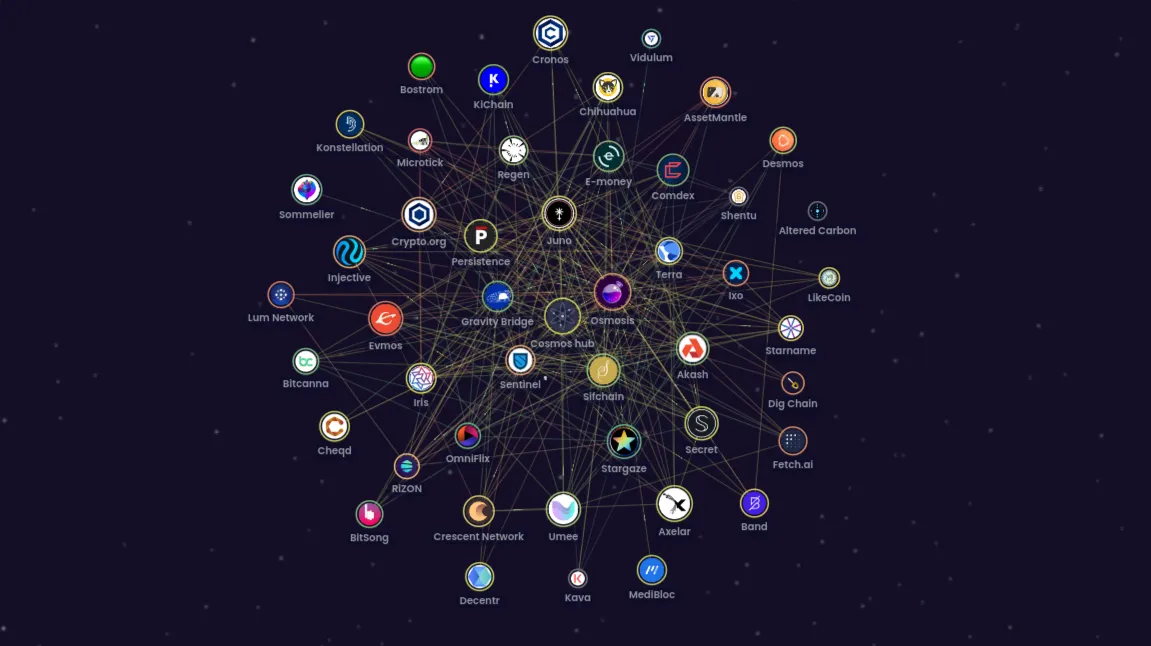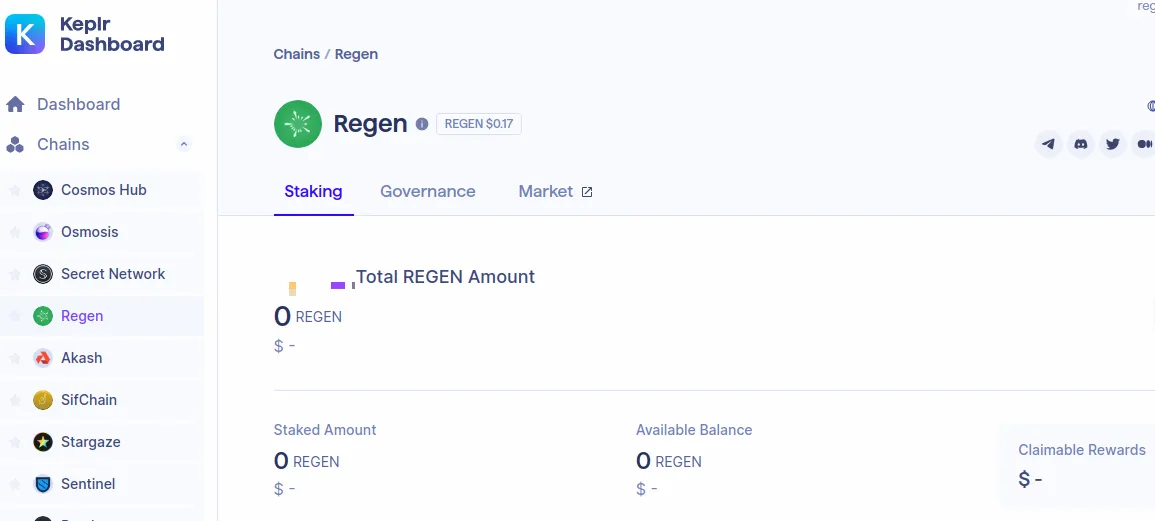
Hello HIVE tribe. I hope you're all doing well today as you continue to survive this bear market, and are finding time to enjoy the finer things in life, such as fine Italian wine...
In this post, I want to discuss why blockchain ecosystems that have been designed from the ground up to support application-specific blockchains will have an advantage over legacy systems that are attempting to catch up.
Let There Be Smart Contracts
First of all, let me say that I'm forever grateful to Vitalik and his team for inventing Ethereum, the first smart-contract platform in existence. Ethereum was a game-changer, as it allowed anyone in the world to create their own censorship-resistant programmable tokens.
That said, when it launched in 2015, the team had limited understanding of the scalability issues Ethereum would face, and how difficult it would be to upgrade the protocol as time went on.
Now with a market cap of nearly 200 billion dollars, it's not a simple process to upgrade Ethereum as better consensus algorithms and scaling techniques are developed.
Even though they have managed to transition to Proof of Stake (PoS), launched their own beacon chain, and are working towards sharding, these were all afterthoughts that had to be carefully patched in over several long years.
Sidechains like Polygon, Arbitrum, and Optimism are all patchwork to the Ethereum ecosystem to increase its scalability, and have been largely funded by people who have made immense gains investing in Ethereum, as they have a vested interest in seeing the ecosystem grow.
Thanks to (or unfortunately, depending on your perspective) the open-source nature of cryptocurrencies, many smart people have been able to review the source code of Ethereum, innovate upon it, and launch their own blockchain ecosystems, engineered to be scalable from their initial launch.
Natively Scalable Blockchain Ecosystems
We now have blockchain ecosystems like Cosmos, Polkadot, and Elrond that have Proof of Stake, scalability, and governance built into the protocol, instead of patched in after the fact.
For decentralized application (dapp) developers and users alike, the experience of using these well-designed scalable ecosystems is much smoother than dealing with 2nd layer solutions like the lightning network or Polygon.
Moreover, most dapps don't want to be competing for resources on a shared blockchain, whether that be the base layer, or a secondary layer, because it degrades performance.
In my mind, eventually the most popular dapps will transition to their own blockchains, in an ecosystem that allows them to communicate seamlessly with other blockchain-specific dapps.
Let's take a brief look at the Cosmos ecosystem, as I feel it's one of the easiest to interact with.
Using the Cosmos SDK, any community can launch their own blockchain, simply plug it into the Cosmos beacon chain, and have interoperability with the other blockchains that already exist within the ecosystem.
There is one slick interface called the Keplr dashboard, where you can see most of the blockchains within the ecosystem, manage your stake on each one, and participate in the governance proposals of each as well.

There are already dozens of blockchains interacting with each other natively via Inter-Blockchain Communication (instead of patched-in bridges), and the team is expecting hundreds of other blockchains to be added to the ecosystem in the coming years.
Conclusion
To sum it all up, Ethereum was the catalyst for a Cambrian explosion of smart-contract platforms and ecosystems. While Ethereum has attracted a lot of capital, the newer ecosystems have the advantage of integrating the latest consensys algorithms and scaling methods, which will help them to catch up with Ethereum.
Which blockchain ecosystem do you think will lead the pack?
Image source: 1